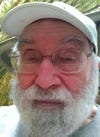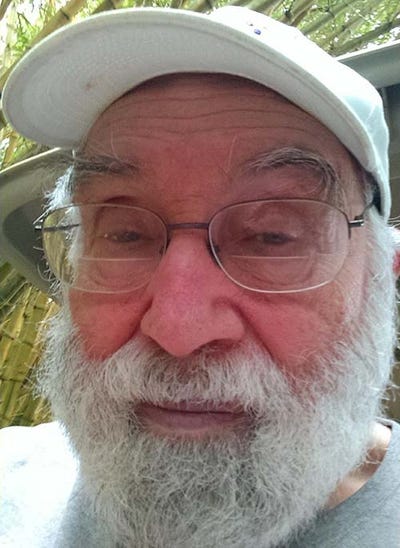The ancient alchemists wanted to turn lead into gold. There is even a name for it: Chrysopoeia. At least, they knew the difference.
February 12, 2016
Now we have a UCLA med school professor who can't tell the difference between one plastic and another, or even the difference between a monomer and an ingredient. Nancy Wayne, a UCLA professor of physiology, has discovered that BPS (bisphenol sulfone) may be just as undesirable as BPA (bisphenol acetone) in experiments with zebra fish. The results appeared in the Feb. 1 edition of the journal Endocrinology and were summarized in SpecialChem Industry News, Feb. 9. The findings are not surprising and I doubt they are commercially significant.
As for monomer versus ingredient, it's unlikely that Wayne dealt with it in her study, as it gets in the way of a strong anti-plastic conclusion. BPA (or BPS, if used) is not an ingredient in a mix, but rather a reactant in a synthesis. The intent is that zero BPA remains.
She used pure BPS, "equivalent to the traces found in polluted river waters," in her study. Which river? Where? I'd be interested in the source for that, and how much it may apply to our drinking water. Better would be a concentration based on our reservoirs; or if the concentration is upped to get quick results, tell us that, but don't imply that we are surrounded by this evil substance.
What worries me most is Wayne's prideful plastophobia. SpecialChem said, "Wayne practices what she preaches. After completing a study on BPA in 2008, she immediately discarded all of the plastic food containers in her home and replaced them with glass. She and her family purchase food and drinks packaged in glass whenever possible."
Here is where the lead-gold analogy fits. Would she pull out her gold teeth, just because they contain "a metal?" Of course not. Yet, she would lump all plastics together in her zeal to purify her home. I know it is socially fashionable to consider plastics as harmful, but she is a professor, an endocrinologist and even UCLA's Associate Vice Chancellor for Research. She should know better.
If this is her application of science, how can we trust her conclusions?
Fueling my concern here is a desire to understand why people are so receptive to work that shows plastics as unhealthy. It's not just ignorance or misinformation—there is a real reluctance to see plastics as harmless, or even health-giving (as they are via sanitation and reduced spoilage). I see it as part of a greater fear of chemistry and science, especially because science challenges the belief in the impossible, which is essential to some degree for our mental stability. In the case of plastics, it is further reinforced by fear of people-managed (synthetic) products, especially when they are made by big corporations.
This does not apply to metals, at least not in the mind of the public. Lead is lead and gold is gold, and never the twain shall be interchanged—or can they? You can talk to a nuclear physicist about that. In the meantime, worry about the food handlers (including yourself) and how much you are eating, rather than the package. You can buy and heat and eat your food from plastic containers with impunity. None Of Them (N-O-T) are toxic.
Allan Griff is a veteran extrusion engineer, starting out in tech service for a major resin supplier, and working on his own now for many years, as a consultant, expert witness in law cases, and especially as an educator via webinars and seminars, both public and in-house. Griff wrote the first practical extrusion book back in the 1960s as well as the Plastics Extrusion Operating Manual, updated almost every year, and available in Spanish and French as well as English. Find out more on his website, www.griffex.com, or email him at [email protected].
About the Author(s)
You May Also Like




